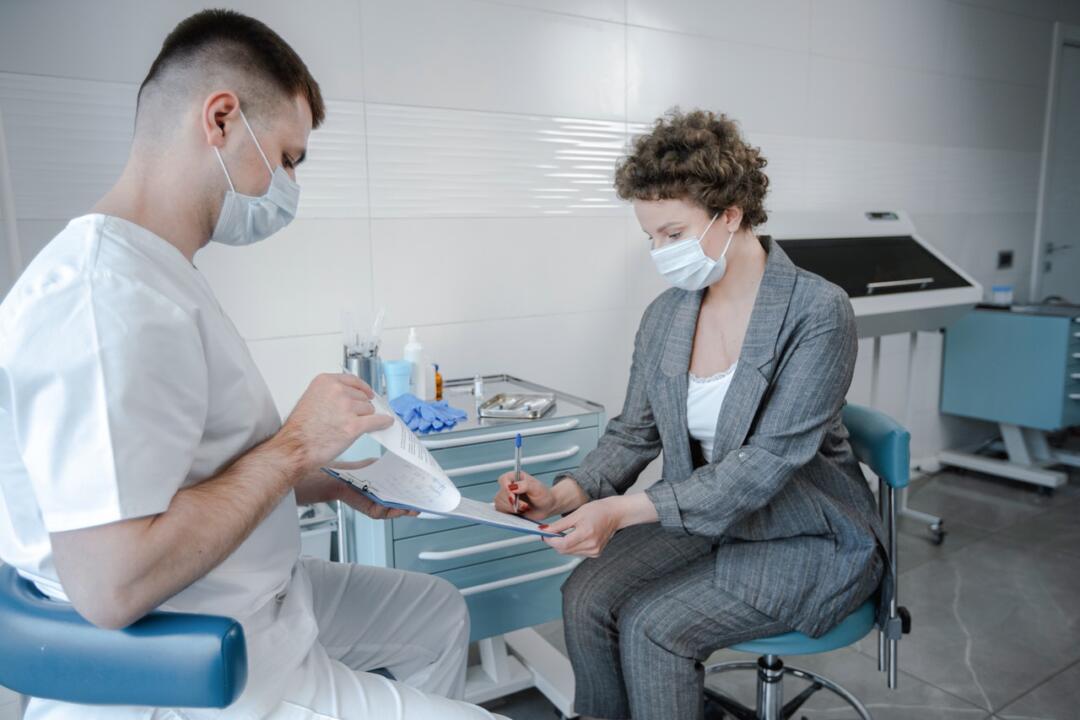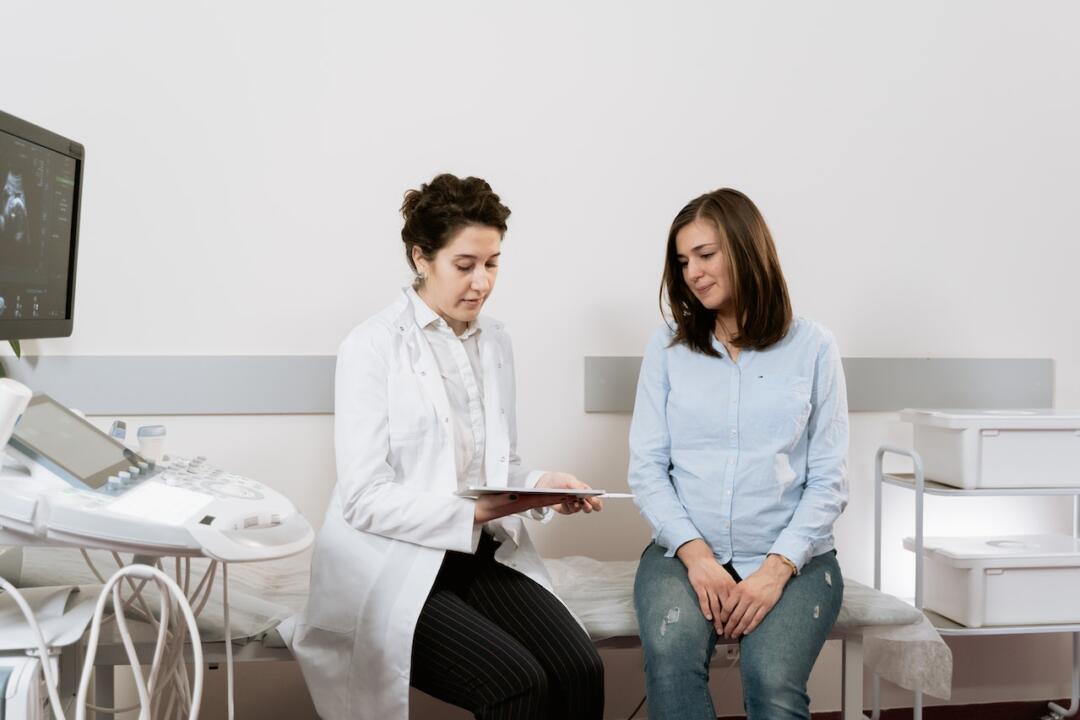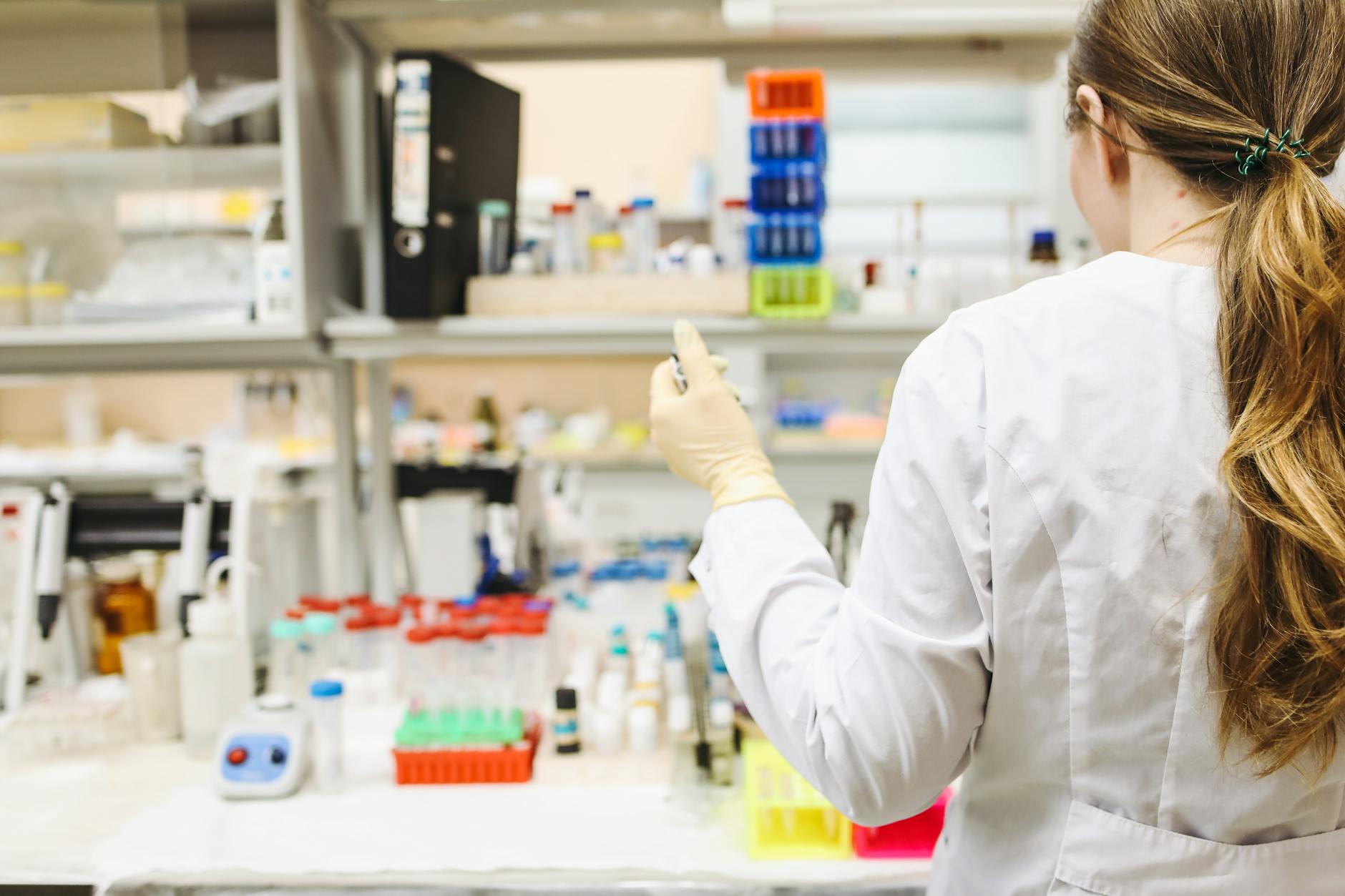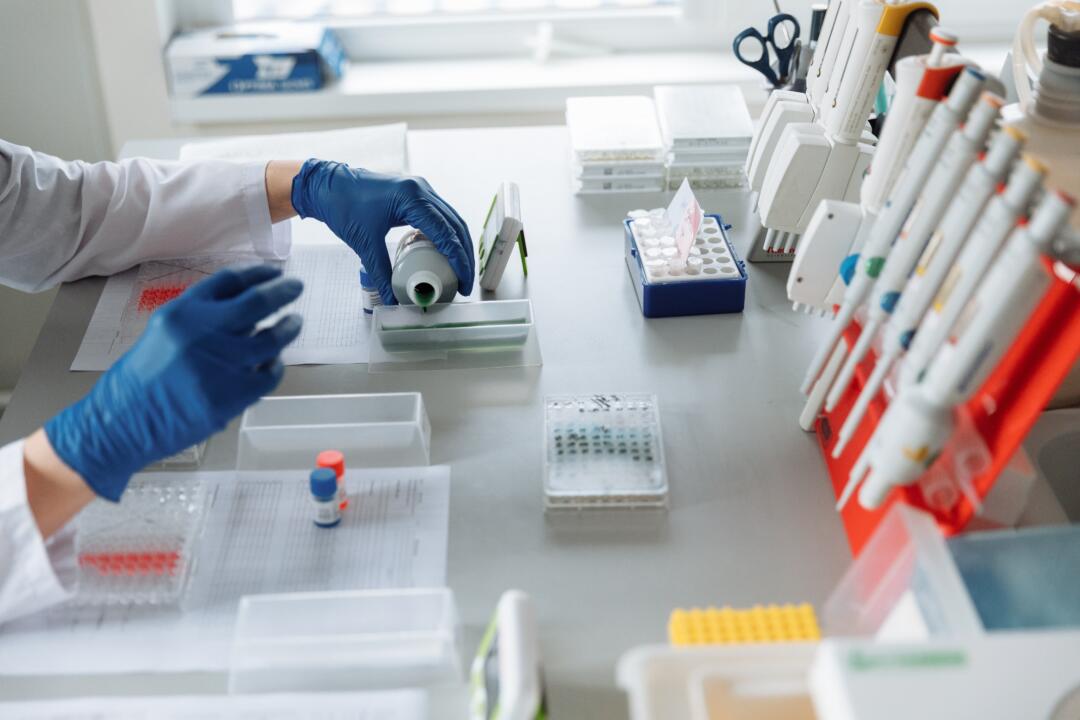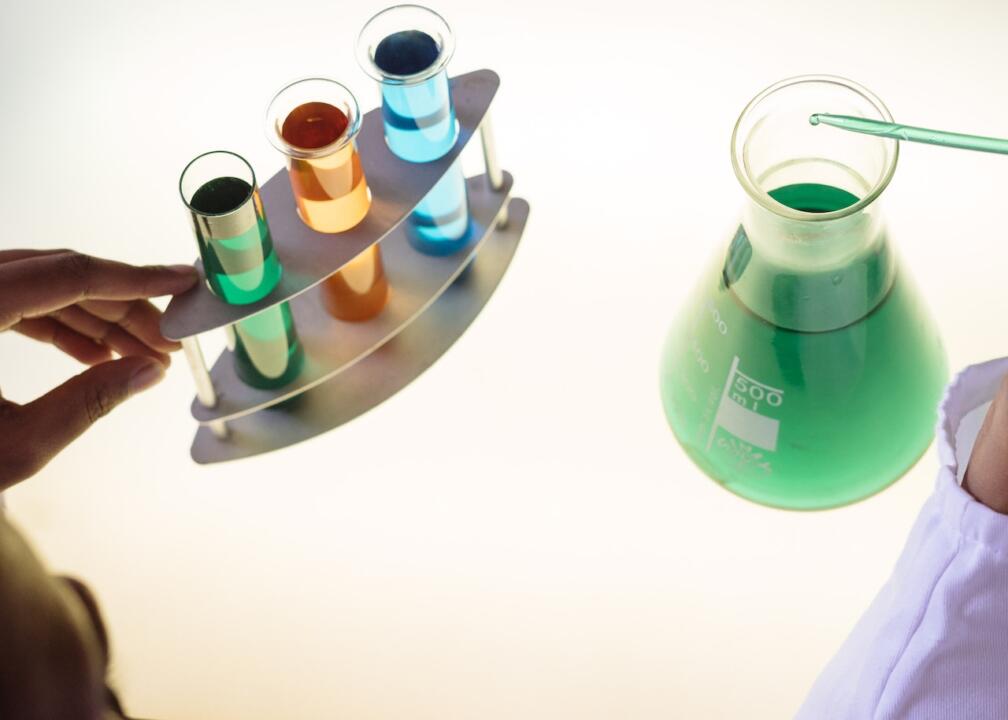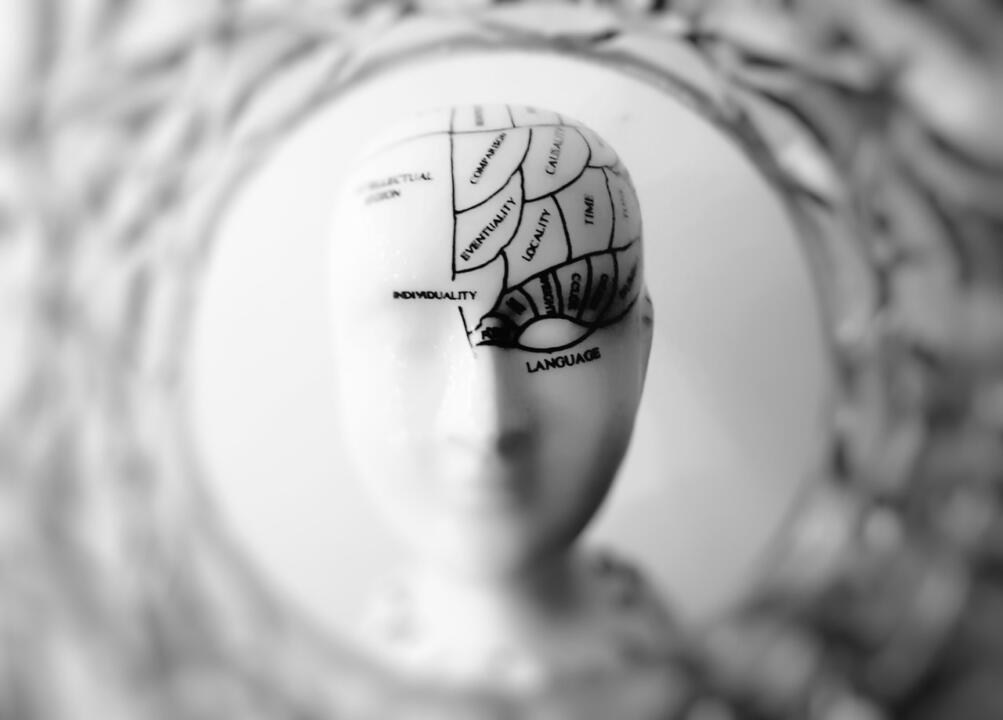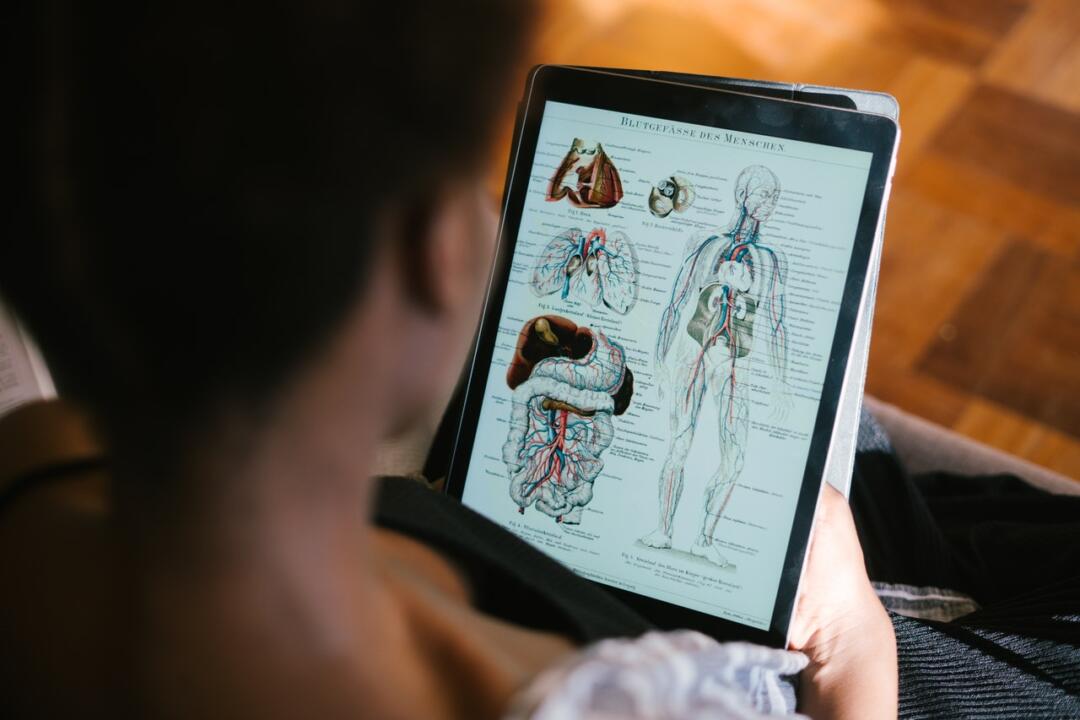Your cart is currently empty!
Writing your Personal Statement


Personal Statements
Your CV is a beautiful, readable, error-free summary of your accomplishments. You are moving on to your personal statement. You are ready, on one page, to tell residency program directors why they should select you, everything that has led you to this moment, to this decision, to this specialty choice. No pressure at all!
This blank page can be intimidating to many students. You are not alone. Take your time so that you can write several drafts.
Writing a personal statement for a medical residency program is an opportunity to showcase your unique experiences, skills, and motivations that make you a strong candidate. Here are some tips to help you craft an effective personal statement:
- Start with a compelling introduction:
- Grab the reader’s attention with an engaging opening sentence or anecdote that reflects your passion for the specialty or highlights a meaningful experience that influenced your career choice.
- Highlight your motivation and commitment:
- Clearly articulate why you are pursuing a career in your chosen specialty and what drives your passion for it.
- Share personal experiences or encounters that have reinforced your interest and dedication to the field.
- Discuss any long-term goals or aspirations you have within the specialty.
- Reflect on your experiences:
- Discuss relevant clinical experiences, research projects, volunteer work, or leadership roles you have undertaken during medical school.
- Highlight specific cases or encounters that had a profound impact on your professional development and helped shape your understanding of the specialty.
- Reflect on the skills and lessons learned from these experiences and how they have prepared you for residency.
- Emphasize your qualities and strengths:
- Identify key qualities and skills that make you a strong candidate for the residency program.
- Discuss attributes such as empathy, teamwork, communication skills, adaptability, and dedication to lifelong learning.
- Provide concrete examples that demonstrate how you have displayed these qualities in different settings.
- Connect your background to the specialty:
- Highlight any unique experiences, backgrounds, or perspectives you bring to the field.
- Discuss how your personal and cultural background has influenced your approach to patient care and your understanding of healthcare disparities.
- Explain your fit with the program:
- Conduct thorough research on the residency program to which you are applying.
- Articulate how the program aligns with your professional goals, academic interests, and values.
- Mention specific aspects of the program, such as faculty expertise or unique opportunities, that attracted you to it.
- Keep it concise and well-structured:
- Aim for a clear and concise statement that is approximately one to two pages in length.
- Use headings or paragraphs to structure your statement, making it easy to read and follow.
- Proofread carefully for grammar, spelling, and punctuation errors.
- Be genuine and authentic:
- Be yourself and let your true personality and voice shine through in your writing.
- Avoid using clichés or generic statements.
- Share personal insights and reflections to create a compelling and memorable narrative.
Remember that your personal statement is a chance to distinguish yourself from other candidates. It should provide insight into your unique experiences, aspirations, and qualities that make you a strong fit for the residency program. Take the time to craft a well-written and thoughtful statement that showcases your passion, dedication, and potential as a future resident.
Sample Personal Statement: Internal Medicine
Throughout medical school, I have committed myself to finding the one specialty that aligns perfectly with my personality and future goals. While this task seemed straightforward and uncomplicated, I soon realized during my third-year clerkships that every area of medicine offered aspects I enjoyed. After exploring other specialties, I reflected on the qualities that I wished to possess as a physician. I envisioned myself as compassionate, respected, and knowledgeable, traits which I realized embodied the field of internal medicine. My intense self-reflection, combined with my medical school experiences, solidified my decision to pursue a residency in internal medicine.
The first patient I admitted while on my third-year internal medicine clerkship was an African American lady who was diagnosed with sarcoidosis. After I completed my history and physical, I realized the questions I had asked relied upon my ability to combine my knowledge of pathophysiology with the clinical presentation of a disease process. At last, I comprehended the importance of the basic science years as it related to patient care. I continued to follow this patient every day, and the responsibility of caring for someone’s health had both a significant and fulfilling impact on me. I gained immense satisfaction from treating the whole person: her emotional needs as well as her medical needs. After completing my twelve weeks on internal medicine, I discovered that four months later this patient was re-admitted for a pulmonary embolus, which combined with her diminished lung function, ultimately resulted in her passing away. Although I was only a small part of this woman’s care, I still felt connected to her. While her death saddened me, it also made me conscious of the potential rewards, such as lasting patient-doctor relationships, which could only come out of providing a lifetime of care to each of my patients.
Upon the completion of my third-year rotations, I felt that the role of the internist most closely matched my interests and abilities. The variety and complexity of the problems I encountered offered the intellectual stimulation that I desired in the medical field. I admired my attendings’ breadth of knowledge across various medical disciplines, and I took pleasure in collaborating with physicians of all specialties, especially when the diagnosis proved to be difficult. The opportunity for close patient contact was also an appealing aspect. With fewer responsibilities than an intern, I found that as a third-year medical student, I was able to spend more time with my patients, explaining how a diagnosis is made and what treatments might be required. Encouraged by these experiences with my patients, I was inspired to learn more about their conditions, not only for my own personal knowledge but also for their education as well.
I have many attributes to contribute to internal medicine. My experiences as a secondary education school teacher, Special Olympics swim coach, and elected class officer attest to my ability to lead and educate others. I am also analytical and detail-oriented, characteristics that originally led me to complete an undergraduate degree in economics. After my first year of medical school, I was awarded a scholarship to conduct research in the field of trauma surgery, an experience that enhanced my problem-solving skills. In addition, my years as a varsity swimmer at Duke University have endowed me with certain traits that will not only make me a successful internist but also a well-balanced physician. These qualities include a never-ending quest for personal improvement, pride in my work or training, and the ability to focus on several tasks while balancing personal and professional obligations.
Sample Personal Statement: OB/GYN
The road to obstetrics-gynecology began with my fascination with women’s health and has developed through intellectual stimulation, clinical satisfaction, and personal exploration. Prior to medical school, I volunteered and worked in women’s health. These experiences led me to medical school, and throughout the classroom years, I developed a keen sense that I wanted to further my passion through a career in obstetrics-gynecology. Finally, during clinical rotations, I discovered my aptitude for surgery, obstetrics, and preventive medicine.
When I graduated with an undergraduate degree in Molecular and Cell Biology, I found myself with a highly technical degree that prepared me for basic science laboratory work. However, after one summer in an electrophysiology lab, I yearned for human interaction. As a result, I took a position with Planned Parenthood to expand clinical and educational services to a clinically underserved area in North Lake Tahoe. Through this experience, I created a novel high school family planning curriculum, developed a pregnancy prevention group that focused on the role of young men and pioneered a mobile women’s clinic to deliver health care to underserved women. I thoroughly enjoyed educating women and providing clinical services but was frustrated by the limitations of my education. The limitations sparked my desire to enter medical school.
During the basic science courses, I was naturally drawn toward the pathophysiology of the female reproductive tract. Wishing to apply this knowledge clinically, I became an active member of our school’s outreach clinic for women. Once a month, under physician supervision, my colleagues and I provided Pap smears, STI testing, and exams to medically underserved women in the local community. I felt at ease discussing female health and illness with women, and it delighted me to provide services to women who may not otherwise receive medical care. Furthermore, in light of the high rate of cervical cancer in Nevada in comparison to other states, I realized the importance of the clinical care we provided. After a few months of offering services, the number of Pap smears escalated and we were informed that the clinic may have to be canceled if we were not able to obtain funding. Based on Nevada’s higher-than-average rate of cervical cancer, my colleague and I wrote and were subsequently rewarded a grant from AOA to secure funding for Pap smears. Obstetrics-gynecology allows me to continue to advocate for women’s health and in particular, the underserved.
The summer after my first year of medical school I worked with my obstetrics-gynecology mentor. It was this clerkship that solidified my career choice of obstetrics-gynecology. This experience was my first glimpse into the daily life of a physician in this particular specialty. For one month, I worked along his side and scrubbed into surgeries, awoke in the middle of the night for deliveries, and saw patients in his office. I was constantly stimulated by the diversity of his patients and the variety of venues in which he worked. The opportunity to treat patients throughout their lifespan from adolescence to geriatrics and from puberty to childbirth and through menopause is particularly appealing. His dedication and pure love for women’s health were infectious and something I hope to apply to my own practice.
Throughout my clinical rotations, my interest in women’s health was consistently confirmed. During surgery, I discovered my propensity for skilled procedures and the ability for preciseness but missed the follow-up and personal interactions with my patients. Internal and family medicine interested me intellectually, but I missed the hands-on procedures. During my third year, the obstetrics-gynecology rotation enabled me to combine the technical skills of surgery with the continuity of primary care. It also provided a venue to build trusting, long-term relationships with patients. My long-term dedication to women’s health and thoughtful exploration of this career makes me an excellent candidate for residency in obstetrics-gynecology. My energy, leadership, and teamwork capabilities are all assets that I will share as a resident in your program. Thank you for your consideration.
Sample Personal Statement: Plastic Surgery
Every finger of the little boy’s hand was adhered to his palm except for the extended third digit. I examined the severe burn injury as the plastic surgery attending discussed how we were going to fix the damage. After several contracture releases, K-wires, and skin grafts later, I excitedly realized he would eventually regain the function of his little hand. I didn’t know what I wanted to be at the start of my third year, but after patients and cases like this one, I was energized by learning what I found in no other rotation. Plastic surgery emphasizes the highest of expectations and skilled precision in an amazing field that can’t be matched – I have found my place in medicine.
Surgery was compelling to me as soon as I began my clerkship. The OR environment was exciting and fast-paced, requiring me to develop the dexterity of my hands Growing up I used to help my dad with everything from building houses to plumbing, from landscaping to auto-body work. Then I began taking up projects of my own, building and designing bookshelves, tables, and desks. Now as a physician-in-training, Plastic Surgery is the culmination of my interests in medicine, artistry, and craftsmanship. During my rotations, I appreciated the healthy, competitive environment of people with whom I shared similar goals and interests, encouraging each other to improve. Additionally, my need for attention to detail and precision was thoroughly satisfied through cleft lip and hand repairs, flap designs, soft tissue transplants, and aesthetic surgeries.
My goal has always been simple: to exceed all expectations in what I choose to do. My parents overcame search dogs, machine guns, pirate attacks, and the loss of a brother at sea to reach this country – the land of opportunity. Growing up listening to their stories of survival embedded in me the strong value of humility and the overwhelming drive to excel. They taught me that hard work is its own reward. Now I am determined to focus my energy on being a great plastic surgeon, like all the physicians I have met in the field thus far.
I seek a program with talented faculty and good exposure to a variety of topics in plastic surgery, and look forward to a well-rounded education. Exposure to research in the field is also important to me because without it there can be no advancements. My prior research experiences have been in cancer and although fascinating scientifically, I realized during a summer internship at Children’s Hospital Los Angeles that cancer was not the field for me. I need the ability to fix the problem at hand and the instant satisfaction that comes from alleviating pain and suffering. Research endeavors, however, are intellectually stimulating and I look forward to pursuing it in my new chosen field as a plastic surgeon.
To my program, I will bring my considerable energy and drive to excel and will share it with my colleagues. My comfort in any role and preference to work as part of a team will also support my patients and colleagues. A strong leader is just as important as a reliable team member, and when selected and appropriate I thrive in leadership positions. My desire to learn, my calm and patient demeanor, and my teaching experience will be key traits I will contribute to my residency program.
Choosing a residency is choosing a partnership with a lifelong impact. To my partners, I offer my eagerness, reliability, and skills. In return, I ask for the opportunity to develop my talents and use them to discover and become the exceptional plastic surgeon I strive to become.
Sample Personal Statement: Dermatology
I have been drawn to multiple facets of medicine since beginning medical school. I have been intrigued by the intricacies of disease and the ability of physicians to alter the course of the illness. Not surprisingly choosing one discipline was challenging until the last week of my internal medicine clerkship when I was given a “gem” in the form of Maria. She was, according to my resident, the “perfect medical student patient.” Without her knowing it, Maria was also responsible for my decision to become a dermatologist.
“She has a rash” was the only briefing I had as I entered Maria’s room to begin my H &P, unsure what I would find with this “perfect” patient. With my limited Spanish and her limited English, our conversation was minimal but Maria was clearly in pain. The tense bullae and open, oozing areas covering her lower body made it visibly uncomfortable for her to sit. Maria gingerly touched multiple affected areas as I fumbled through my exam in Spanish asking her where she had “dolor.” Tests were done, and treatment started empirically. My attending provided a book for me to review on cutaneous manifestations of systemic diseases, instructing me to present to our team the next morning on common skin symptoms indicating an underlying disease. I spent the rest of the day reading, fascinated by the pathology that presents itself on our bodies’ surfaces. Maria clearly had more than a rash, and as I attempted to put together the pieces of her illness, the pieces of my own career path seemed to align. And as Maria improved and her pain decreased I knew I had found a field that would be fulfilling on multiple levels.
Dermatology combines the fields of medicine that captivate me most- infectious disease, immunology, and oncology. The discipline both fascinated and intimidated me in my first encounters with dermatopathology in coursework and in actual dermatological pathology with patients. Skin pathologies were commonplace on my first-year elective in South Africa where the combination of immunosuppression, poverty, congested living conditions, and a damp, cold winter caused our clinics to overflow with patients needing to be seen for various fungal infections, nonhealing wounds, and the multitude of infectious diseases running rampant in the townships. With treatment options limited to basic dressings and antibiotics, we did not have the advanced tools of diagnosis available in a typical American hospital. As a result, our primary concern was limited to the treatment of ongoing or prevention of secondary infection. Through the clinical clerkships of my 3rd year, I was drawn to patients with skin pathologies, spending extra hours in the burn clinic with advanced skin cancer patients, diligently checking the feet of my patient just home from Iraq whose tinea pedis infection served as a portal for staph bacteremia, and intrigued by the lacy “slapped cheek” pattern on my pediatric patient with Parvovirus B19.
The American Medical Student Association has a slogan “It takes more than medical school to make a physician.” I was inspired by these words early on in my medical school career and realized this was particularly true for me as I made every effort to be involved in multiple extra-curricular activities relating to my passions in medicine. Although the core education in basic and clinical sciences is essential, it is the other activities that distinguish future physicians as unique individuals and helps maintain the humanistic dimension of medicine. I will bring the same energy and passion to residency and the career that I have throughout medical school, allowing me to develop my leadership and communication skills while succeeding academically.
With the increased need for skincare in our fragile environment and the abundance of local and international work opportunities, I am excited about the possibilities dermatology offers. I look forward to working with patients of all ages and to being challenged intellectually throughout my career. With a background in public health and clinical research, I plan to become an active investigator in the dermatology field and contribute to advances in patient care through the design of and participation in clinical trials and work actively in the community to develop primary prevention programs to decrease preventable disease. Working as part of a healthcare team is a high priority for me as I staunchly believe the best patient care is accomplished when collaborating with colleagues throughout the health professions. In a residency program, I hope to find a program that reinforces these values and one which promotes collegial interactions between residents and faculty in an environment where there is potential to be exposed to a wide variety of dermatological conditions.
Sample Personal Statement: Anesthesiology
I am eager to pursue residency training in anesthesiology. After completing third-year medical school rotations, anesthesiology stands out as the specialty that aligns perfectly with my personality and future goals. Anesthesiology combines the cerebral requirements of internal medicine with the procedural skill of surgery. The excitement of performing procedures that have instantaneous effects on patient comfort and stability provides me with immense satisfaction. Furthermore, I look forward to working with a diverse patient population and unique doctor-patient interaction.
These are just a few reasons why anesthesiologists, as a group, love their specialty and have very high job satisfaction. It also explains why patients, in general, are so appreciative of the services anesthesiologists provide. It is my sincere desire to provide these valuable services in the invigorating field of anesthesiology. One of my first rotations in medical school was on trauma surgery. I vividly remember an unconscious trauma patient, MJ, who required an emergent intubation. Due in part to the patient’s body habitus, it was very difficult to obtain an airway. As MJ’s oxygen saturation continued to drop, the room was silent and the tension was frightening. Thankfully an anesthesiologist was nearby and, after several attempts, was able to successfully intubate the patient. It was stimulating to me that the anesthesiologist was literally the patient’s lifeline. Immediately following the intubation, MJ underwent surgery. Though the surgery was fascinating, it was more impressive to me that the anesthesiologist was the individual who maintained the patient’s vital functions. I had already been considering anesthesiology for my career, but this experience helped solidify my decision.
Many of my experiences and values demonstrate my suitability for anesthesiology. I fully appreciate the value of teamwork, as evidenced by years of playing competitive soccer. Leadership is also essential to becoming a proficient anesthesiologist and my experiences teaching, coaching, and as an elected officer in several positions attest to my ability to lead and inspire others. I am clear-headed and comfortable working in critical situations and possess the manual dexterity necessary to perform effectively. Finally and equally importantly, exceptional anesthesiologists communicate well with their patients and comfort them in times of great stress; my work as a missionary and my ability to speak Spanish exemplify my capacity to ease concerns in diverse patient populations I will contribute a passion for excellence, a solid work ethic, and an ambition to succeed to my anesthesiology residency program. My commitment to lifelong learning, as confirmed by the research project in which I participated during medical school, will enhance the quality and care provided in my residency program. With great anticipation, I look forward to mastering the art of general anesthesiology and envision myself pursuing post-residency fellowship training, possibly in pediatric anesthesia or pain management. I seek a program that will assist me in achieving my professional goals.
Discover more from mymedschool.org
Subscribe to get the latest posts sent to your email.

